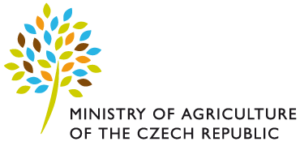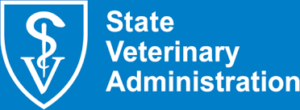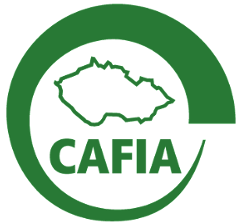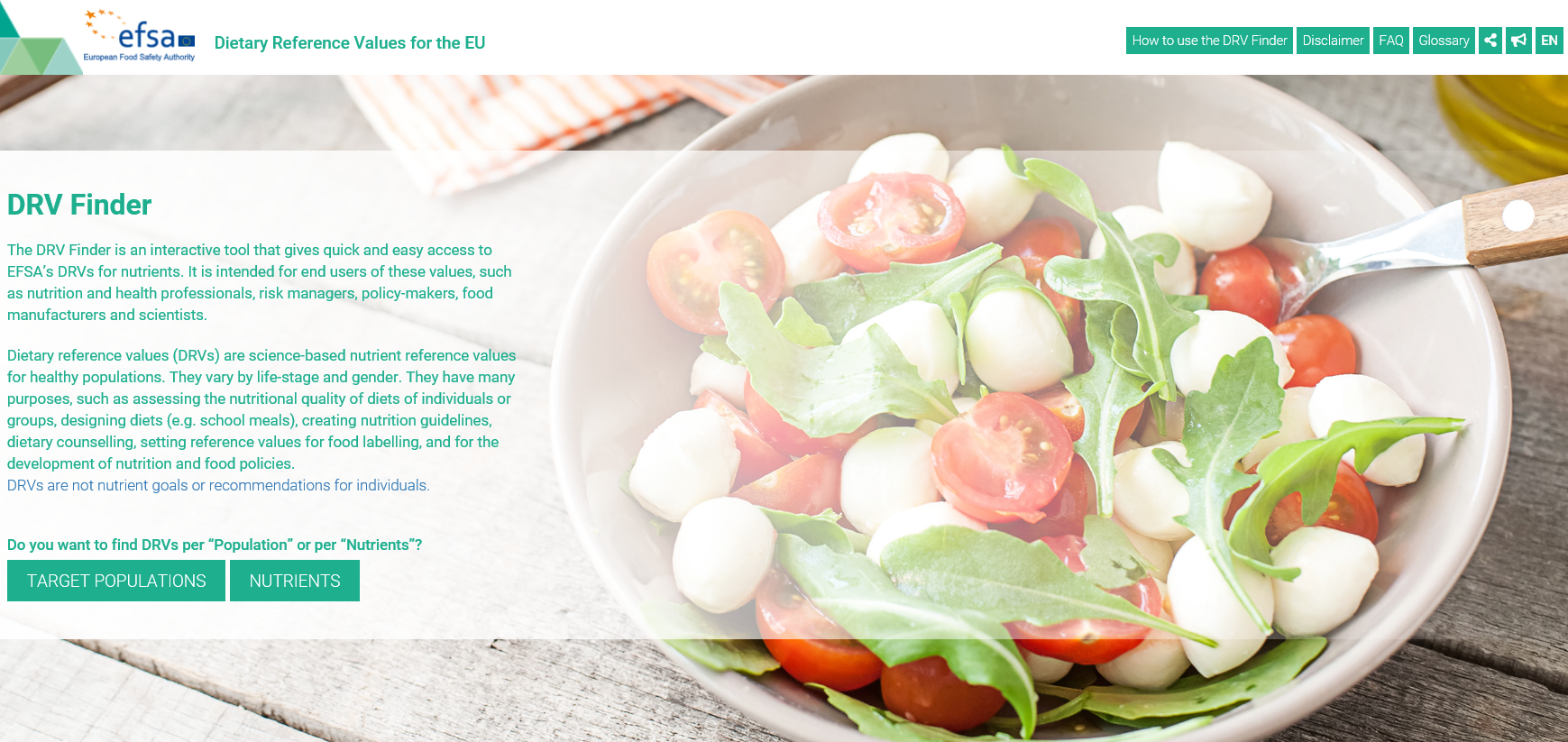CAFIA inspection: two thirds of assessed olive oils violated legislation
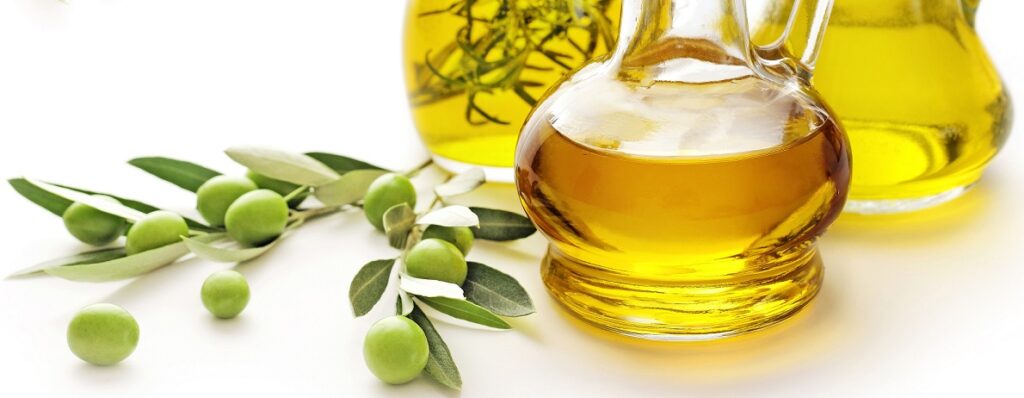
Regular inspections of olive oils show that products imported into the Czech Republic often fail to correspond to the declared category in terms of their characteristics. The inspections also suggest that importers underestimate the ability of the supervisory authorities in the Czech Republic to assess the quality of olive oils. Although the Czech Republic is not a producer country of this type of foodstuffs, the level of checks of olive oils in the country is performed according to the standards laid down by European legislation, using accredited laboratories both at home and abroad.
The results of this year’s inspection activity of the Czech Agriculture and Food Inspection Authority (CAFIA) focused on the quality of olive oils in the Czech market network showed that 67% of the evaluated samples failed to meet the requirements of the legislation. The most serious findings were those olive oils that did not correspond to the ‘extra virgin’ label when assessed and were in fact oils of a lower category. Two of the samples evaluated even corresponded to the category ‘lampante oil’, which is not intended for retail sale and is only intended for further processing.
The analyses carried out by CAFIA in the accredited laboratory Laboratory of Olive Oil Tasting in Slovenia and in the CAFIA accredited laboratory confirmed that out of 21 samples evaluated, a total of 14 samples were unsatisfactory. For 10 samples, the oils were not ‘extra virgin’ oils as the producers stated on the labelling, but lower quality oils. Domestic consumers were thus misled by the false declaration on the label. For a total of 6 samples, inspectors found deficiencies in the labelling of the oils (for 2 samples, inspectors found both inadequate category and inadequate labelling).
A detailed overview of all non-compliant and compliant samples, including the name, place of sale and photo documentation, was published by CAFIA on its website Food Pillory in the section Thematic controls.
The aim of the CAFIA activity was to check whether extra virgin and virgin olive oils from different countries of origin meet the physical, chemical and sensory parameters and labelling requirements laid down by Commission Regulations (EU) 2022/2104 and 2022/2105 and other regulations.
CAFIA will continue to check the quality and safety of olive oils with similar intensity next year. CAFIA will inform the supervisory authorities in the relevant countries of the detected non-compliant samples.
CAFIA has ordered sellers to withdraw the non-compliant lots from the market and will initiate administrative proceedings with the inspected persons to impose fines.
Article by: Pavel Kopřiva – CAFIA Spokesperson, +420 542 426 633
20th December 2023

